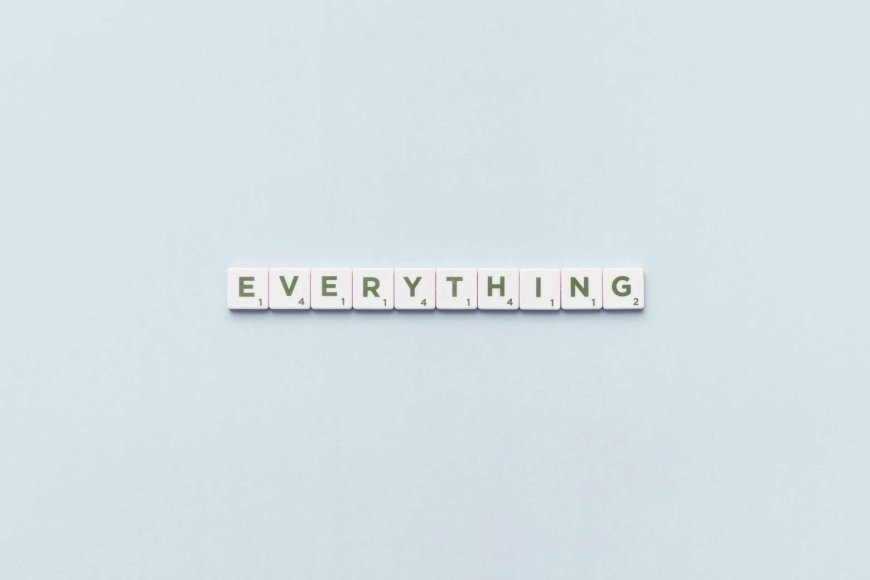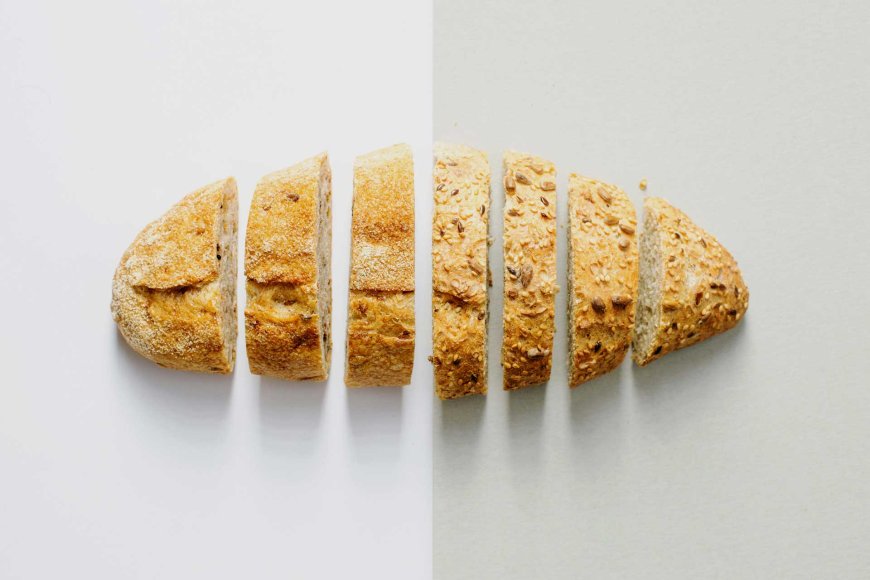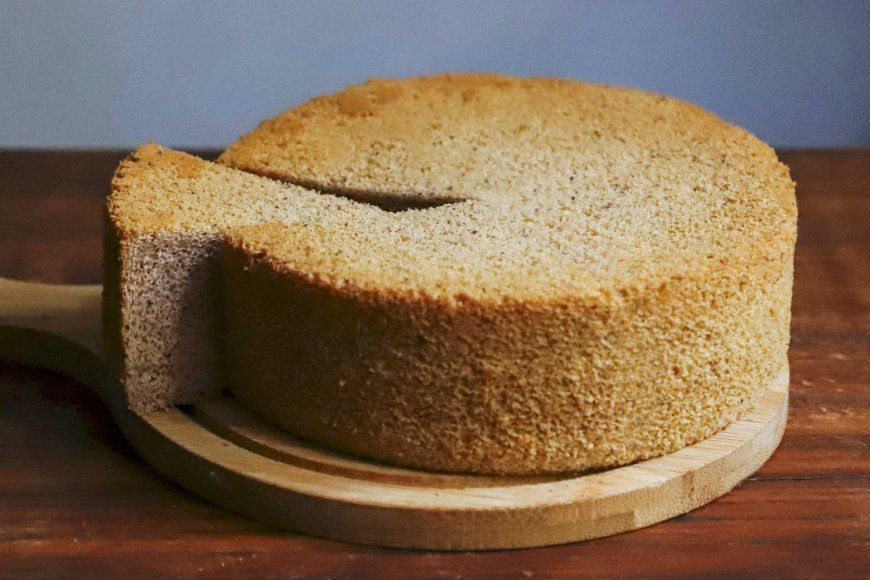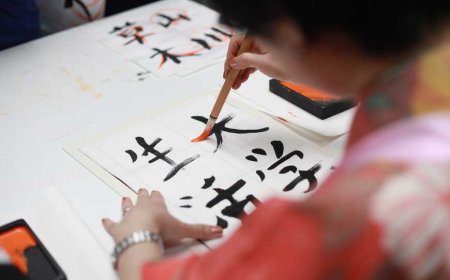The Subtle Nuances Between "Zenbu" (全部) and "Subete" (全て)
In Japanese, the words "Zenbu" (全部) and "Subete" (全て) both translate to "all" or "everything," but they aren't exactly interchangeable.

A Fun Language Breakdown
When you're learning Japanese, there are some words that seem pretty straightforward at first but are actually hiding deeper meanings and subtle nuances. One such pair is "Zenbu" (全部) and "Subete" (全て). While both words can be translated to "all" or "everything," there's a little more going on here than meets the eye.

What Do They Mean?
At the core, both "Zenbu" and "Subete" do indeed mean “all” or “everything.” But just like a delicious sushi roll, they come with their own unique ingredients that make them different.
- Zenbu (全部): "Zen" (全) means “all of,” and "bu" (部) means “a part.” So, when you put them together, you get "all the parts" or “everything” in a specific, often collective, context. Think of it like looking at the various pieces of a puzzle and then considering how they all fit together as a whole.
- Subete (全て): "Zen" (全) still means “all,” but the rest of the word is “te” (て), a form of the verb meaning “to do” or “to act.” When you use "subete," it’s often seen as the entirety or the whole thing, whether it’s an abstract concept or something more tangible. It’s like thinking of an entire nation as a whole rather than focusing on the individual pieces (like the states).
In short, both can mean “everything,” but the way you use them depends on how you view the concept of "all."

Zenbu: The All-Powerful Collective
Let’s start with "Zenbu" because it has an important role to play in daily conversations. Imagine you're in the middle of a wild heist movie. A highwayman approaches, and with all the drama of a classic criminal mastermind, he demands:
"有り金全部出せ。" (Arigané zenbu dasé)
Translation: "Give me all the money you have."
In this case, "Zenbu" is used to refer to all the money—it's a collective, like pulling together everything you’ve got in one big pile. The highwayman isn’t asking for just your coins or your spare change; he wants all of it, as a unit, no exceptions. It's the collective nature of the request that makes "zenbu" the perfect choice.
So, next time you're playing Monopoly, and your friend demands the entirety of your money for landing on Park Place, remember: they're probably saying it all wrong if they don’t use "zenbu."

Subete: The Whole Thing
Now, let’s shift gears and take a look at "Subete." This one comes with a bit of flair and sophistication—think of it as the refined, elegant cousin of "Zenbu."
Take, for instance, the famous Japanese proverb:
"光るもの、全て金ならず。" (Hikarumono, subete kin narazu)
Translation: "All that glitters is not gold."
Here, "Subete" is used to express the entire concept of things that glitter—not as individual pieces, but as a whole. It’s a reflection on the idea that not everything that looks good on the surface is actually valuable, which makes "subete" the perfect word for the proverb. It’s about looking at the bigger picture, the entire idea behind the glittering surface.

So, What’s the Difference?
Okay, now that we’ve seen both words in action, let’s break it down:
- Zenbu = All parts of a whole, often used in a more collective or physical sense.
- Subete = The entire thing, more abstract, and used when considering things as a whole, whether it’s an object, idea, or concept.
Think of it this way:
- Zenbu is like the United States—a group of parts that, when put together, make up the whole.
- Subete is like the entire nation—looking at the whole thing in its entirety, not necessarily concerned with the individual pieces.

Which One Should You Use?
Great question! Here’s a quick cheat sheet for you:
- Use "Zenbu" when you’re talking about things you can physically collect or gather together. If you’re talking about your belongings, money, or things that can be counted and gathered, this is your go-to.
- Use "Subete" when you’re reflecting on larger concepts or abstract ideas. When you’re talking about life, the universe, or philosophical notions like "all that glitters," "subete" will serve you well.

Both Are "All," But It’s All About the Context
In the end, both "Zenbu" and "Subete" are variations of “all,” but they come with different nuances that make them unique. Whether you’re looking at something from a collective perspective or as a whole, understanding when and how to use each one can give you that much-needed edge when speaking Japanese.
Nipino.com is committed to providing you with accurate and genuine content. Let us know your opinion by clicking HERE.





























































